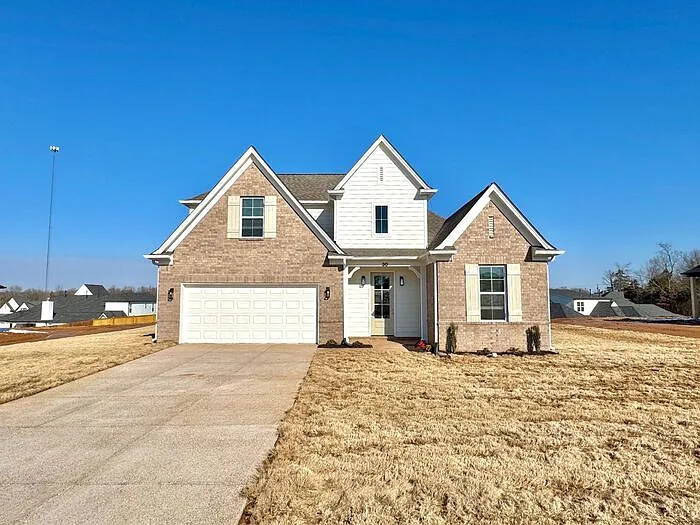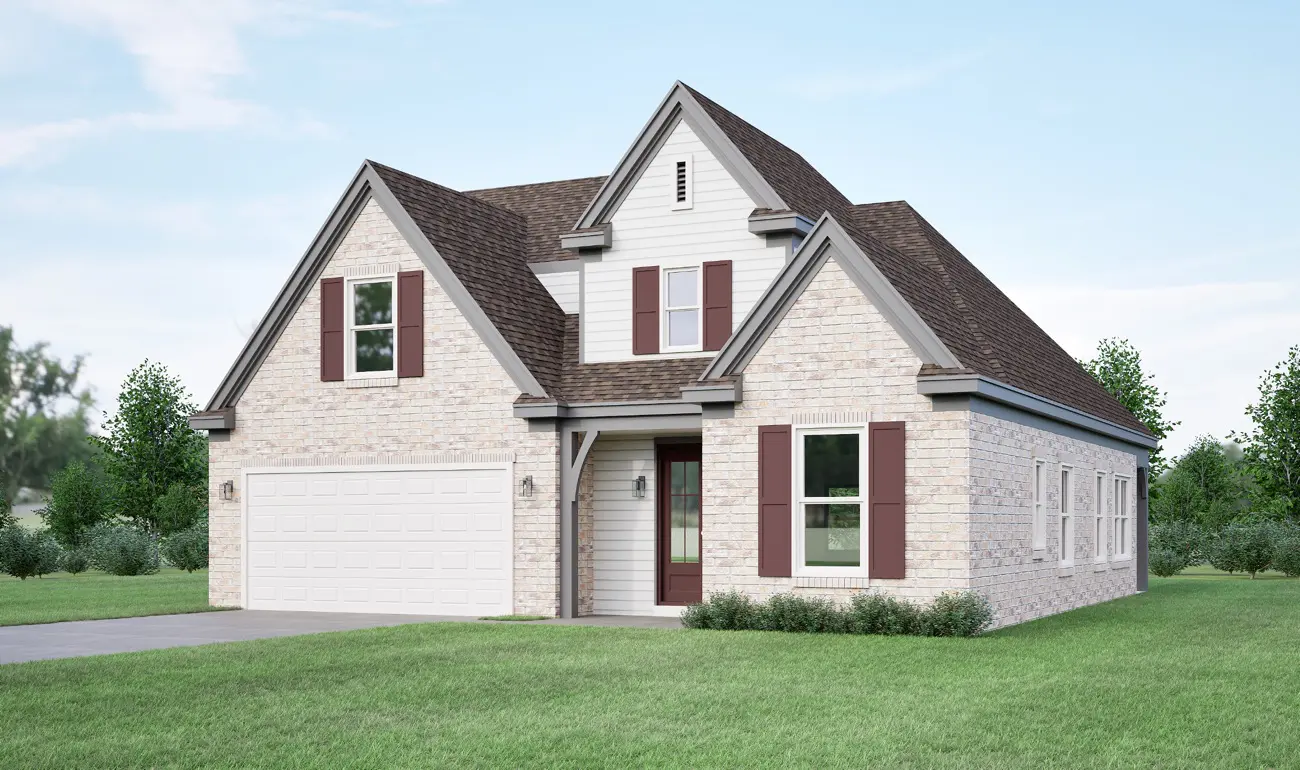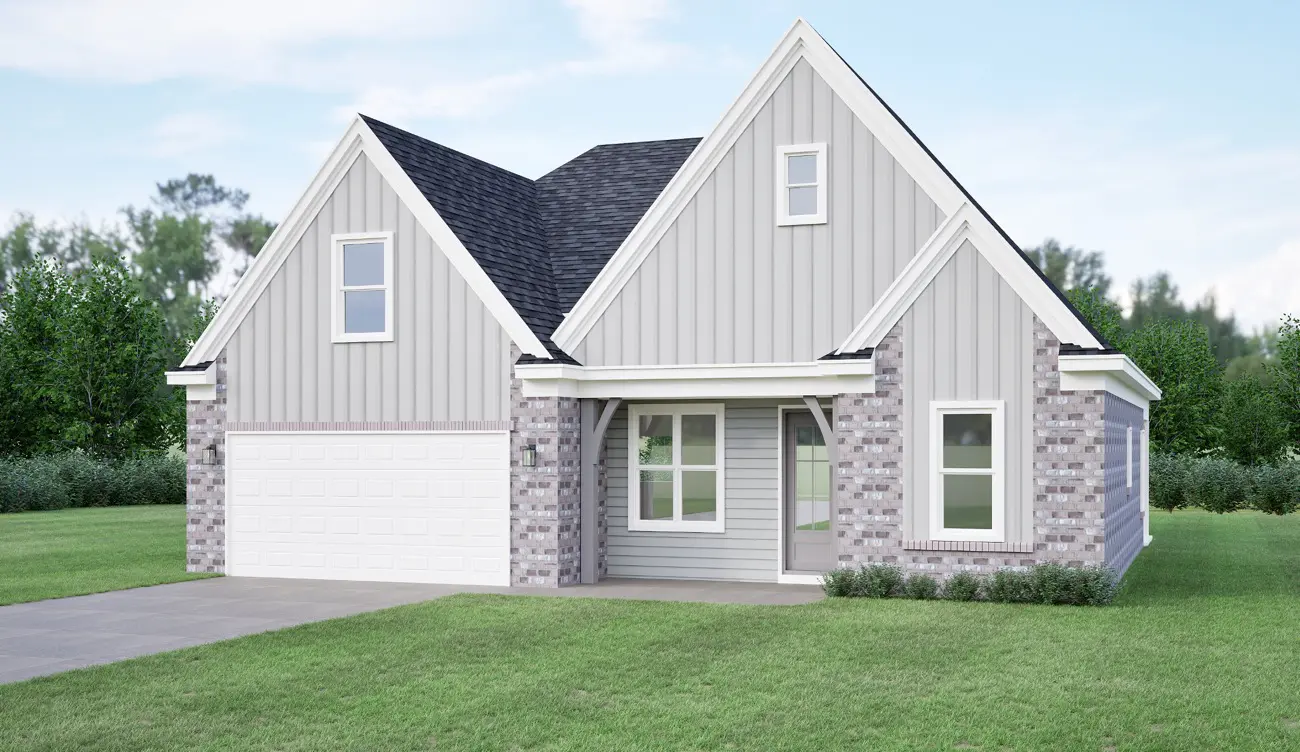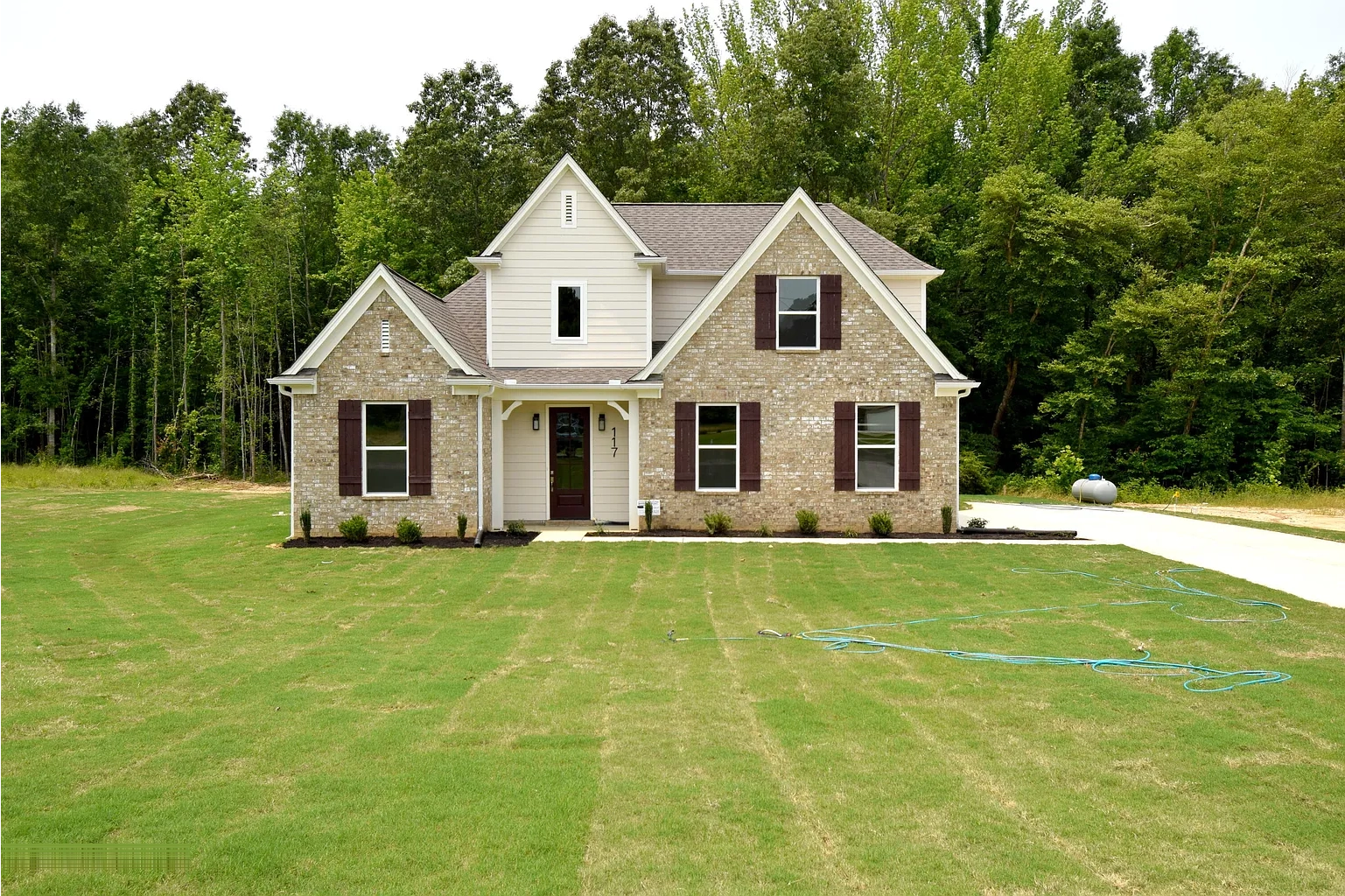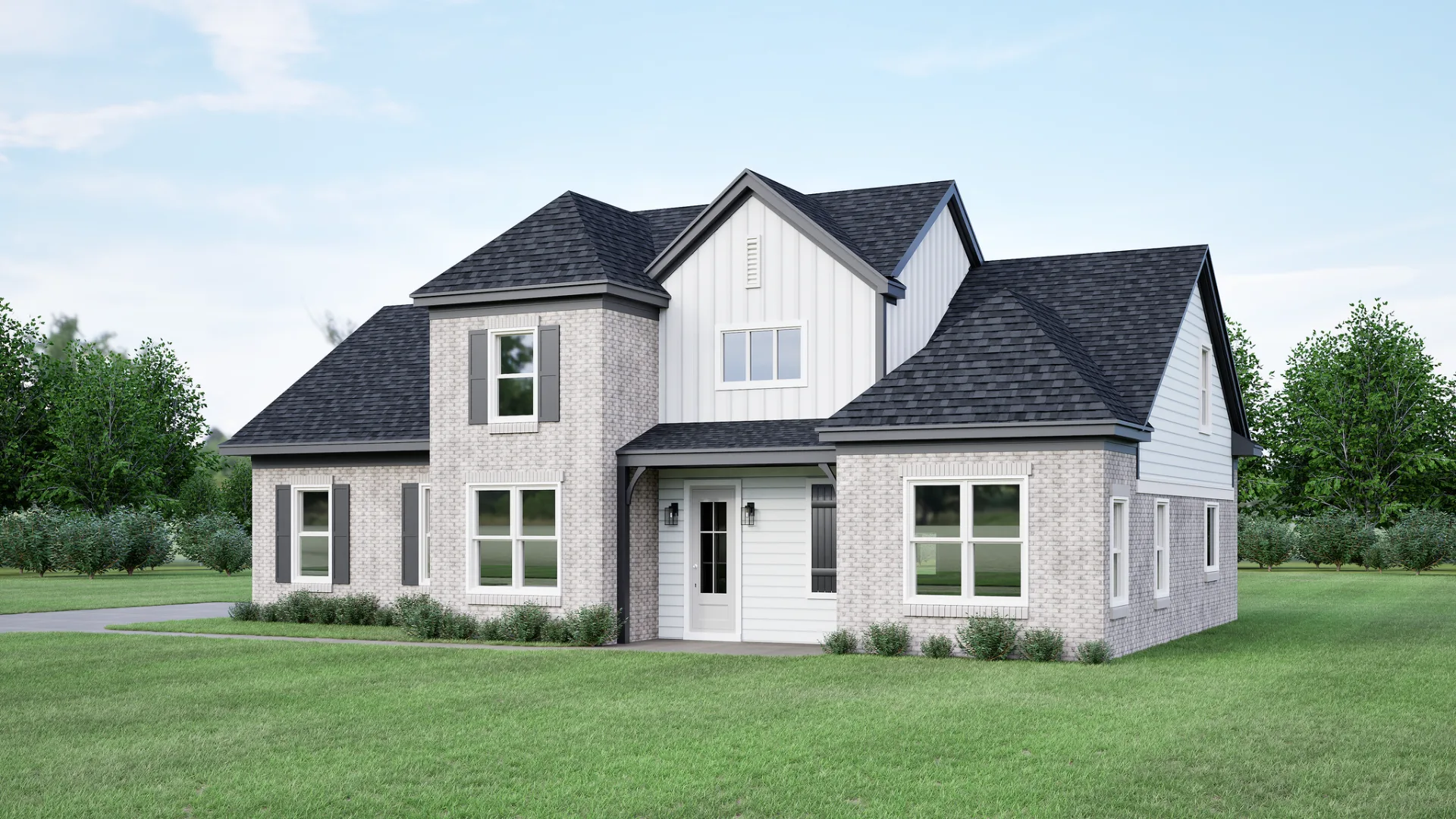The U.S. rental market is poised for significant changes in the coming years, with rents expected to rise in 2025 and 2026. This trend signals a promising period for real estate investors who own rental properties. As housing dynamics evolve, a combination of declining new construction and rising demand for rental units is setting the stage for increased profitability in the rental sector.
A Rebound in Rental Growth
The SFR market has experienced fluctuating rent trends since the COVID-19 pandemic. Oversupply and economic uncertainties led to slower rent growth in recent years. However, according to CoStar Group, a leading real estate analytics company, this pattern is changing. National rents are on the rise again, marking an end to oversupply conditions in most markets. Jay Lybik, CoStar’s Director of Multifamily Analytics, highlights that rent growth is anticipated to return to historical averages of approximately 3.5% by late 2024, a sharp contrast to the minimal growth of 0.9% seen in the third quarter of 2023.
Declining Construction Activity and Shrinking Supply
One of the primary drivers of this upward rent trajectory is the significant decline in new construction. CoStar projects that multifamily property completions will drop from 588,000 units in 2023 to 533,000 in 2024—a 10% decrease. By 2026, completions are forecasted to plummet further to just 250,000 units. This trend is mirrored in the steep decline in construction starts, which fell from 210,000 units in early 2022 to just 63,000 units two years later.
The reduced pace of construction is creating a supply shortage that the market cannot quickly address due to the long lead times required for building multifamily properties. With demand holding steady, this imbalance is expected to lower national vacancy rates and push rents above historical growth rates by 2026.
Economic Conditions Bolstering Demand
The U.S. economy is playing a pivotal role in supporting the rental market. Improving consumer confidence, moderate inflation, and continued economic growth have driven demand for mid-priced rental units. In particular, class-A properties are seeing notable growth, as they strike a balance between value and quality.
Additionally, the homeownership rate remains constrained by rising mortgage rates and higher home prices. Many prospective buyers are opting to rent instead, increasing the pool of renters. CoStar data reveals that more than 176,000 rental units were absorbed in the third quarter of 2024, the highest figure since 2021. This level of demand is keeping vacancy rates stable and supporting rent growth across the board.
Implications for Real Estate Investors
For real estate investors, the prospect of rising rents offers several advantages:
- Higher Rental Income: Investors can anticipate steady cash flow growth as rents rise. For those already holding rental properties, this trend strengthens the financial performance of their portfolios.
- Increased Property Value: Higher rental income often translates to increased property valuations, providing investors with more equity and better leverage in the market.
- Opportunity for Long-Term Gains: The current construction slowdown creates a favorable environment for those looking to hold onto their properties over the long term. As demand continues to outpace supply, property values and rents are expected to grow further.
Geographic Variations in Rent Growth
While the national trend points to rising rents, regional variations are significant. Markets in the Midwest and Northeast are outperforming Sun Belt regions, where oversupply continues to weigh on performance. For instance, cities like Washington, D.C., and Detroit are experiencing rent growth rates exceeding 3%, while markets like Austin and Raleigh are seeing declines due to an excess of high-end supply.
Mid-priced properties in regions with stable demand and limited new construction are getting a lot of attention from investors. These properties are not only benefiting from rising rents but also experiencing lower vacancy rates compared to luxury units. The greater Memphis area stands out for its stability and continued market growth, making it a particularly attractive location for real estate investors to buy properties.
Long-Term Market Dynamics
As the rental market transitions from oversupplied to undersupplied conditions, the long-term outlook remains positive for investors. CoStar’s data indicates that by 2026, the market will face a significant supply shortage, driving rents even higher. However, the market’s ability to adjust will depend on how quickly construction activity rebounds to meet growing demand.
Final Thoughts
The forecasted rise in rents for 2025 and 2026 is a welcome development for real estate investors. With demand outpacing supply, vacancy rates dropping, and construction slowing, the rental market is entering a phase of strong growth. Investors who strategically position themselves in regions with high demand and limited supply will likely reap substantial benefits in the years to come.
As the market evolves, staying informed about local trends and adjusting investment strategies accordingly will be crucial. The combination of economic stability, demographic shifts, and constrained housing supply provides a unique opportunity for rental property owners to capitalize on a favorable market environment.
This article integrates insights from CoStar Group’s projections, Apartments.com reports, and broader real estate trends from credible industry analyses. Rental Housing Journal, robertsrentalsblog, Costar Group Investors
Please Share This Article
If you enjoyed this article, please share it. We appreciate your support and referrals.
Talk To The Author
Brian Conlon is the Director of Business Development at Meridian Pacific Properties. With years of experience in real estate investing and turnkey property management, Brian specializes in helping investors optimize cash flow, plan for long-term property performance, and navigate the complexities of real estate investing.
Schedule a consultation with Brian to learn more about investing in SFR investment properties.



